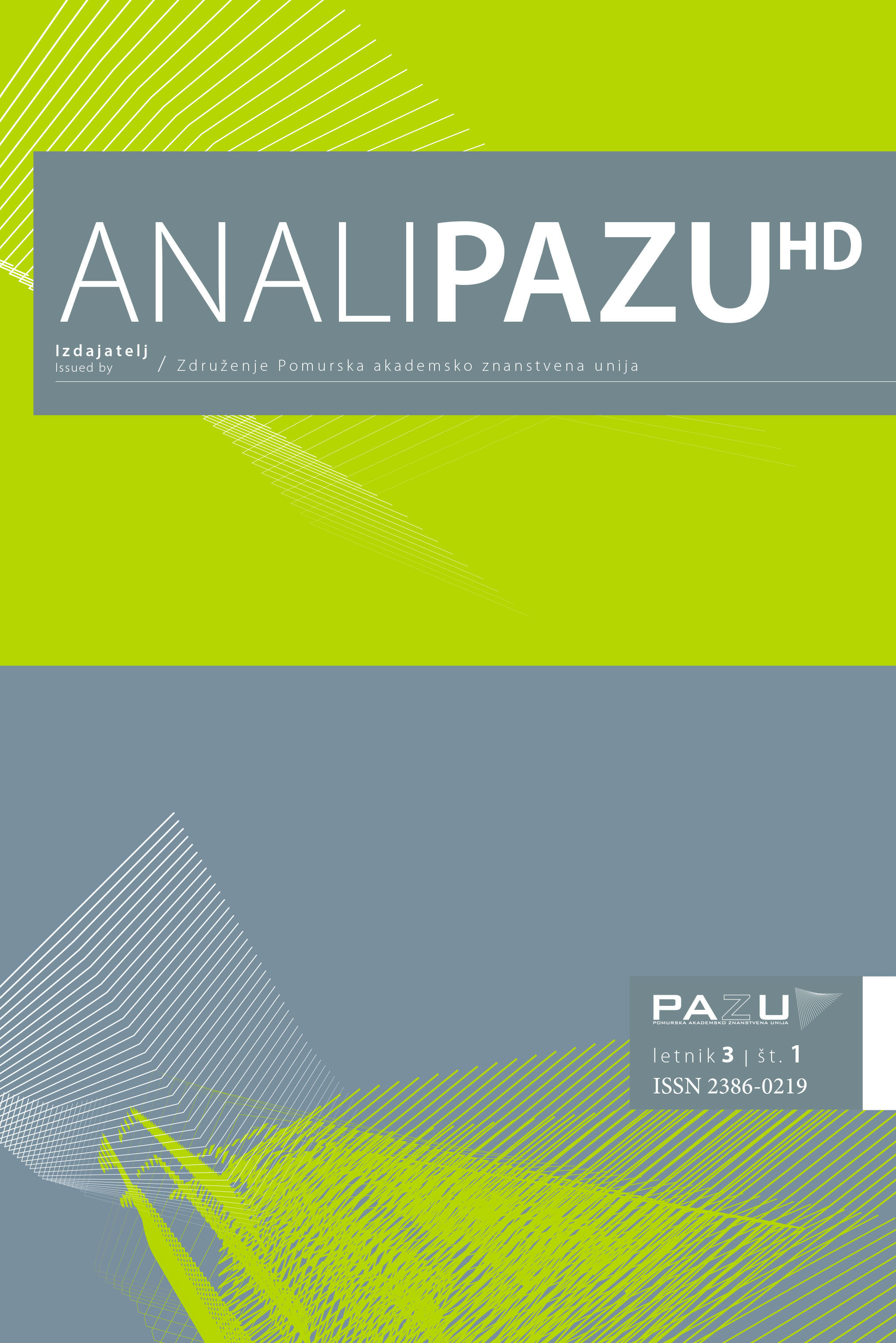The Post-Metaphysics of the Autonomous Mind: Psychopolitics, Mediocrity and Ressentiment
DOI:
https://doi.org/10.18690/analipazuhd.3.1.53-66.2017Keywords:
psychopolitics, mediocrity, ressentiment, ethos, silent majoritiesAbstract
The article focuses on the notion of resentment in relation to mediocrity, which is, in accordance with the thesis following from Nietzsche’s explication, determined and shaped by the democratic social organization. Despite all positive aspects that the latter introduces to the space – once bordered by and limited to the range of the central political structure – the author strives to consider processes and mechanisms that essentially determine the social communication and convert it from vertical to horizontal. In this context, psychopolitics amounts to the manifestation of resentment at the collective level and the reproduction of resentment as the essential emotion determining the relationship between the mass subject, namely the mediocre, and individuals over or below average, in the democratic process of levelling of social structures at the foundation of widely acceptable standards and principles of the morality of normality or decency. The postmetaphysical epistemological framework, which basic coordinates are based in the works of Nietzsche, Heidegger and Sloterdijk, supplements the methods of supra-historical genealogy and culture hermeneutics, which are employed by author in order to emphasize repetitive patterns of culture, psychopolitical power of which is maintaining resentment as the essential component of democracy, but above all, its foundation in mediocrity.
